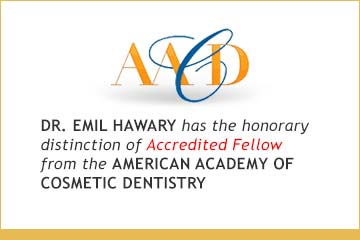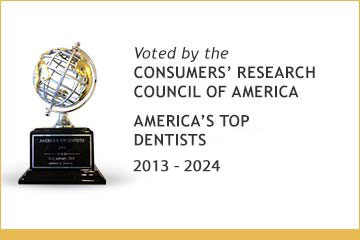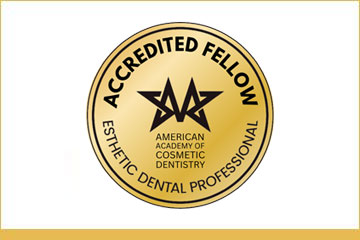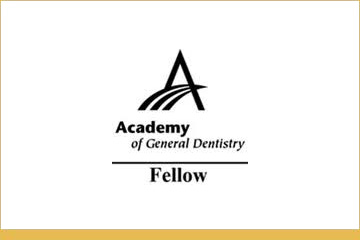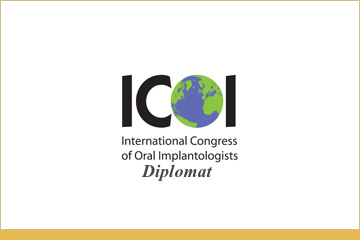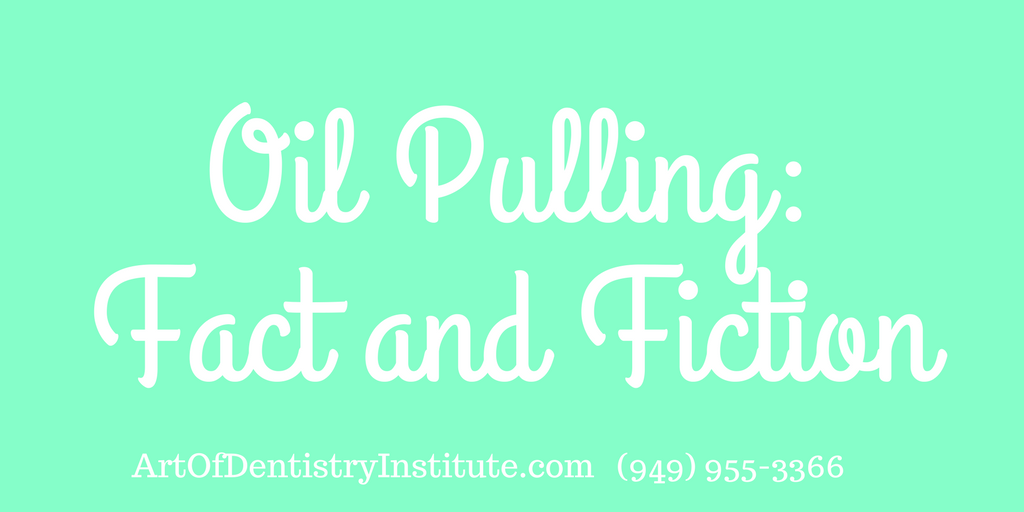
Oil pulling is by no means a new practice, but its trendy rise several years ago certainly increased its popularity as a dental health home remedy in the west. However, to this day many questions still remain. Oil pulling has its origins in India and southern Asia, and it describes the process of swishing edible oil (usually sesame, olive, sunflower, or coconut) around the mouth, “pulling” it through the teeth. But like all trends, certain misconceptions rose around oil pulling, making it hard to tell what’s true about the practice and what isn’t.
Today, we’d like to put to rest some of the greater myths while exposing a few truths about oil pulling that can help you make a decision whether this practice is for you and your teeth:
Fact: Oil pulling has some benefits for oral health.
Proponents of oil pulling claim that it helps fight gingivitis, bad breath, and plaque, with more extreme claims saying it whitens teeth and improves dental and overall health and well-being. Despite the lack of strong evidence or case studies, oil pulling has been found in many cases to reduce mouth bacteria. However, that same lack of evidence should not give patients the go-ahead to use oil pulling over other standard, proven dental practices.
Fiction: You can use oil pulling instead of brushing your teeth.
There is simply not enough evidence to support the use of oil pulling over brushing your teeth. The ADA warns that oil pulling is not a proven replacement for reducing mouth bacteria or removing plaque. The ADA also suggests only using ADA-approved mouthwash to fight gum disease and other dental dangers.
Fact: Oil pulling takes longer to perform than mouthwash.
The recommended frequency for mouthwash use is twice a day for 30 seconds each. Compared to that, oil pulling takes a much more significant amount of time. Supporters of oil pulling seem to suggest doing it for anywhere from 5-10 minutes with many sources even claiming up to 20 minutes.
Fiction: Oil pulling is completely safe.
Although it’s true that many practice oil pulling without any side effects, the ADA cites several studies where regular oil pulling use has caused lipoid pneumonia, mineral oil aspiration, diarrhea, and upset stomach.
Fact: Oil pulling is best used as a supplementary dental remedy.
Oil pulling should not be used as a replacement for brushing your teeth. However, it may be used as a supplementary dental hygienic practice to be used in addition to brushing, flossing, and using mouthwash. Please first speak with your dentist before adding oil pulling to your dental health routine.


